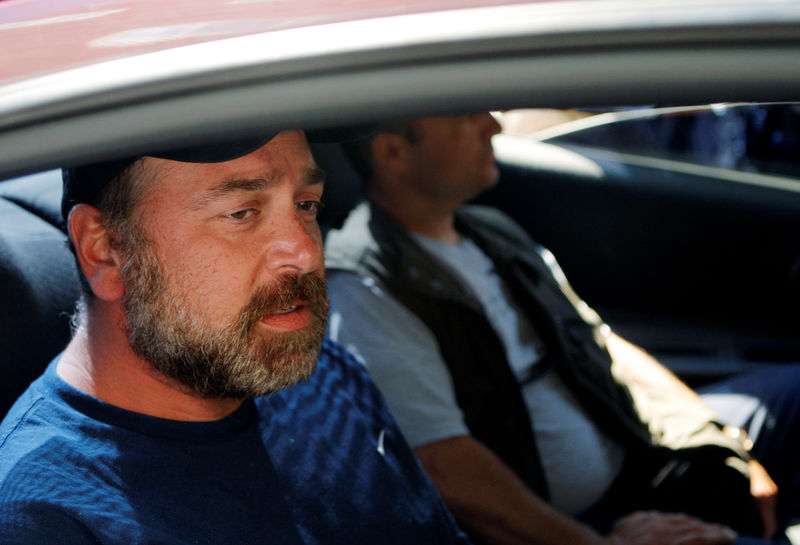This post was originally published on this site
https://i-invdn-com.akamaized.net/trkd-images/LYNXMPEFB81SL_L.jpg
By Jonathan Stempel
NEW YORK (Reuters) – The ailing former Bayou hedge fund manager Samuel Israel has lost his bid for an early end to his 22-year prison sentence for running a $450 million fraud, as a U.S. judge found it would make a “mockery” of federal sentencing laws to set him free.
Chief Judge Colleen McMahon of the U.S. District Court in Manhattan said she had no doubt the 60-year-old Israel, who has spent 11 years in prison, suffers from severe, progressive and incurable medical problems, and was “certainly not a well person.”
But she called Israel’s fraud from 1996 to 2005 “extremely serious,” one of the largest Ponzi schemes uncovered before Bernard Madoff’s, and said he did not deserve “compassionate release” though he could get better medical care outside prison.
“It would make a mockery of the sentencing statute if this financial fraudster, who ruined the lives and finances of hundreds of people while living the high life of an ostensibly successful hedge fund manager, were to have his sentence reduced,” McMahon wrote.
The judge blacked out Israel’s medical problems from her 29-page decision. McMahon had in August 2014 rejected Israel’s prior request for a shorter sentence because of ill health. Bayou went bankrupt in May 2006.
A lawyer for Israel did not immediately respond to requests for comment. A spokesman for U.S. Attorney Geoffrey Berman in Manhattan, who opposed Israel’s release, declined to comment.
Israel pleaded guilty in September 2005 to defrauding Bayou investors, and was originally sentenced by McMahon to 20 years in prison.
But rather than surrender as scheduled in June 2008, Israel faked his own suicide by leaving his GMC Envoy on the Bear Mountain Bridge north of New York City, with the words “suicide is painless” scrawled in dust on the hood.
He surrendered the following month, and another judge tacked on two years in prison for bail-jumping.
Israel had sought leniency under the First Step Act, a bipartisan law signed by President Donald Trump last December that lets some older prisoners obtain freedom sooner.
McMahon, however, said it would not promote respect for the law to go easy on white-collar criminals who have privileged backgrounds and can afford top-flight lawyers.
“It simply reinforces the belief that there is one law for the white-collar criminal and another law altogether for the ghetto dweller or the drug dealer,” she wrote.
Israel is eligible for release on Oct. 5, 2027. He and Madoff live in the same Butner, North Carolina, prison complex.
The case is U.S. v. Israel, U.S. District Court, Southern (NYSE:) District of New York, No. 05-cr-01039.
Fusion Media or anyone involved with Fusion Media will not accept any liability for loss or damage as a result of reliance on the information including data, quotes, charts and buy/sell signals contained within this website. Please be fully informed regarding the risks and costs associated with trading the financial markets, it is one of the riskiest investment forms possible.

